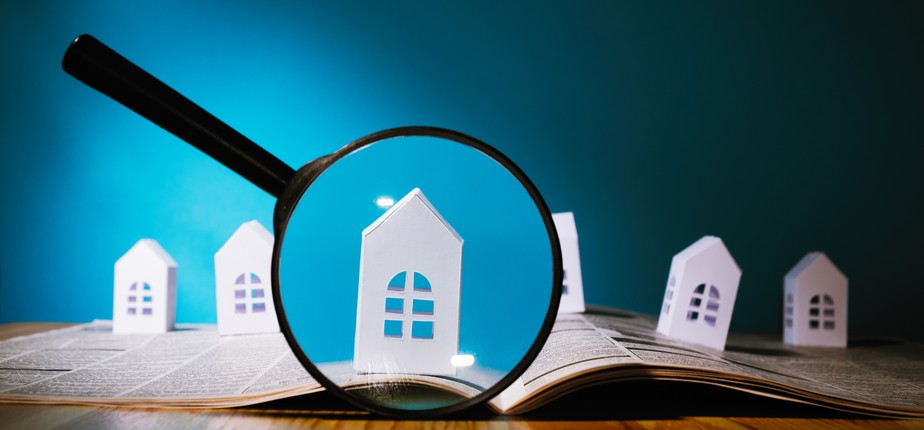One of the most important parts during the process of buying a property is the property inspection process. Whether it is a house or an apartment, visiting the environment that will be your future home is essential to ensure that everything is in order.
A good inspection is more than a formality, it is also a way to avoid headaches in the future and ensure your well-being and that of your family, who will soon be in that place. It is also a chance to meet the former owner or the builder’s representative and ask all possible questions.
So, if you are in the process of conquering a property and, soon, you will perform the property inspection, check six important points that need your maximum attention at the time of the visit. Read on and check them out:
Property inspection: where to start?
When you arrive at the property, you must first meet the person responsible for the sale of the residence who will accompany you during the inspection. Use this moment to ask all the questions that come to mind, not only about the house or apartment, but also about the region.
After that, pay attention to six details to make sure that your home will be up to code:
Stains, cracks, and infiltrations
Let’s start with those problems that, besides being serious because they compromise the structure of the property, make it look ugly and take away the pleasure of living there: stains, cracks, and infiltrations.
Besides the aesthetic problems, they also represent danger to the items in your home, and can damage your furniture and appliances. By identifying them, you can request their correction. As a last resort, you can even look for a new place to live.
Plugs and wiring in the house
It is important that the electrical power is on during the home inspection. The reason for this is to be able to check if all the switches and outlets are working properly. After all, nobody wants to live in a residence without light.
Power is also important for turning on your appliances and other equipment, such as the shower. Not having complete wiring can cause major setbacks and annoyances. If something is faulty, notify the owner, the builder, and/or the real estate agent as soon as possible.
Hinges, locks and latches on doors and windows
Although small and “easy to change”, checking the functionality of hinges, locks and latches of doors, gates and windows during the property inspection also prevents your daily life from being less safe.
In some cases, the solution to the problem can be simple, such as applying oil to make the opening, closing, turning, and locking movements smoother. However, this is the responsibility of the person who is passing the property on, not you.
In more serious cases, it may be necessary to replace the windows or doors. Then the owner, the builder and/or the real estate company should take care of this.
Faucets, hoses and plumbing
I think that much emphasis is needed on this point, since its purpose is obvious, right? Anyway, during the property inspection, don’t forget to check the faucets, hoses and plumbing of the house. After all, if there are any problems, you may run out of water.
Make a point to open all the water passages, flush and also check the quality of the liquid, after all, something can be in the pipes and vents and infect the residents in the future.
Floors and tiles
An easy aspect to notice during the inspection of a property, but it does not require maximum attention. Look at each of the floors and tiles in the rooms, touch them to see if they are well fixed and if there are no cracks and no scratches or stains that will only come out if the piece is changed.
Any imperfection needs to be reported, because nobody wants to walk around in a residence that does not have a safe floor. The biggest challenge will probably be finding matching/spare parts to replace what has been damaged.
Wooden components
A home may have several materials that are already built into the design, such as parquet flooring, wood carpeting, doors, cabinets, and other parts. During the property inspection, they also need your utmost attention.
Fortunately, wood problems are easy to repair. However, you don’t want to bear the costs of a problem that you didn’t cause, right? Always notify those responsible for the care of the home before it is passed on to you.
Also, if possible, request a private inspection by a professional you trust to ensure that everything is within the correct parameters.
Did you like these tips? Check out more in our blog.




